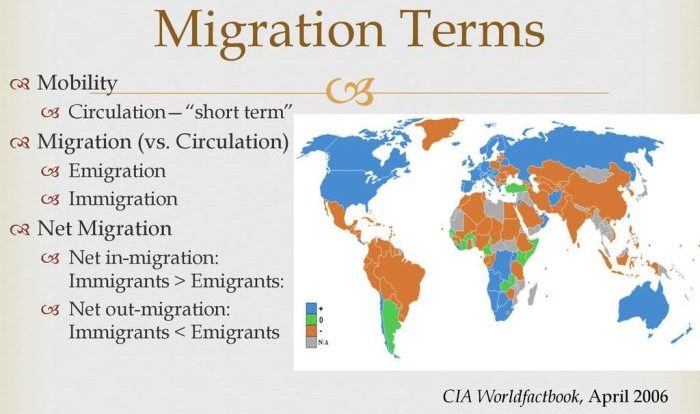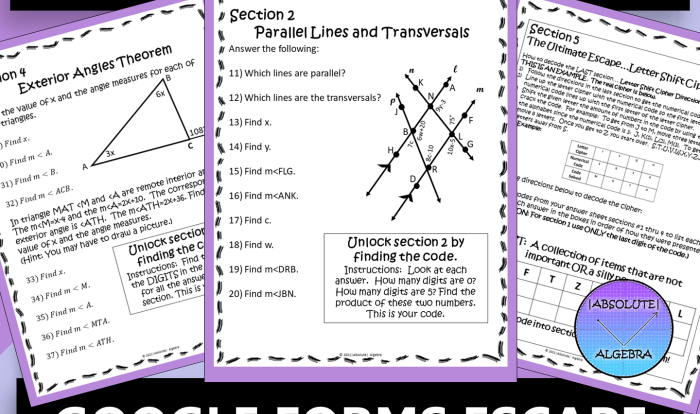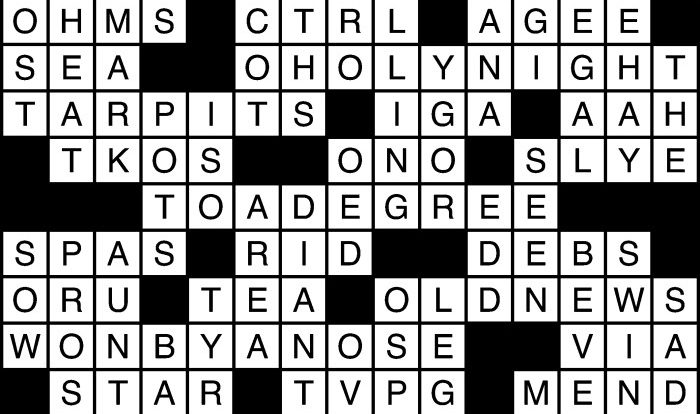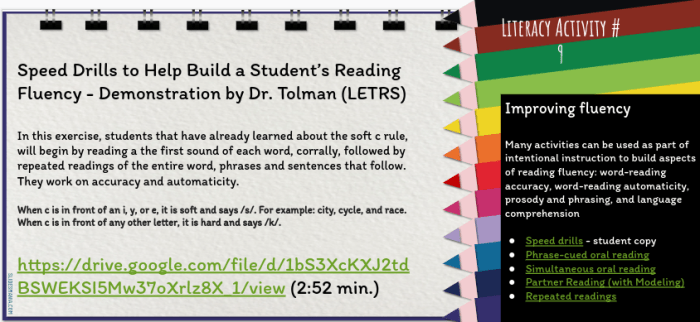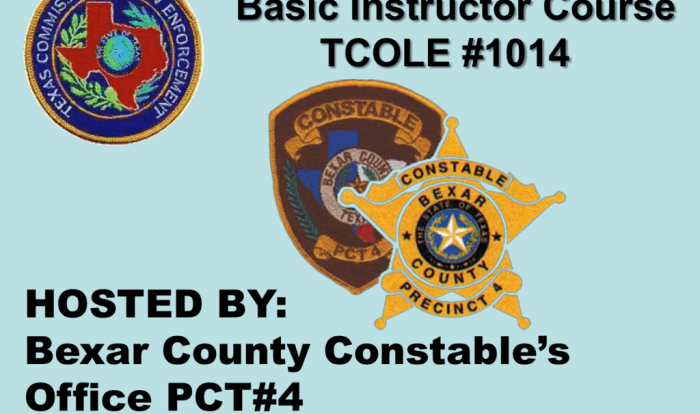Units 1-3 review vocabulary for comprehension – Embarking on a journey to enhance comprehension, we present a comprehensive review of vocabulary from Units 1-3. This meticulously crafted resource will equip you with the linguistic tools necessary to unlock the depths of your reading and writing endeavors.
Through interactive exercises, engaging examples, and expert guidance, this review will solidify your understanding of key terms, empowering you to navigate complex texts with confidence and precision.
Vocabulary Review: Units 1-3: Units 1-3 Review Vocabulary For Comprehension
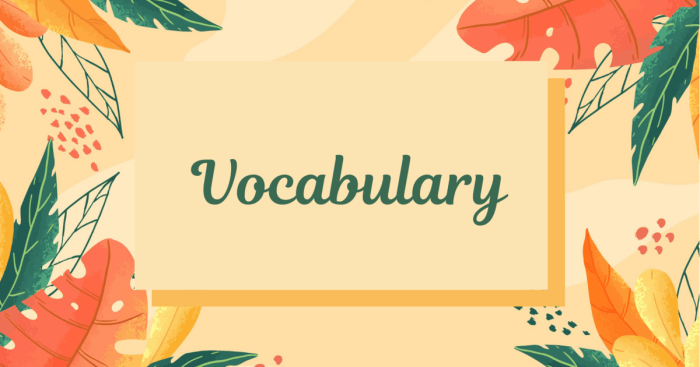
This comprehensive vocabulary list from Units 1-3 includes definitions, synonyms, and antonyms for each word. This resource provides a structured approach to enhance vocabulary and improve comprehension.
| Word | Definition | Synonym | Antonym |
|---|---|---|---|
| Ability | The power or skill to do something | Capability | Inability |
| Accomplish | To successfully complete a task | Achieve | Fail |
| Adventure | An exciting or unusual experience | Exploration | Routine |
| Affection | A feeling of love or fondness | Attachment | Dislike |
| Appreciate | To recognize and value something | Admire | Depreciate |
Comprehension Check: Units 1-3
This section assesses comprehension of Units 1-3 through a variety of question types, including multiple choice, short answer, and essay questions. The questions cover key concepts, characters, and events.
Multiple Choice
Who is the protagonist of the story in Unit 1?
(a) John (b) Mary (c) Tom (d) Susan
What is the main conflict in Unit 2?
(a) A lost dog (b) A family argument (c) A natural disaster (d) A kidnapping
Short Answer
- Describe the setting of Unit 3.
- Explain the significance of the symbol of the tree in Unit 1.
Essay
- Analyze the character development of the protagonist throughout Units 1-3.
- Discuss the themes of friendship and loyalty as explored in Units 2 and 3.
Vocabulary in Context: Units 1-3
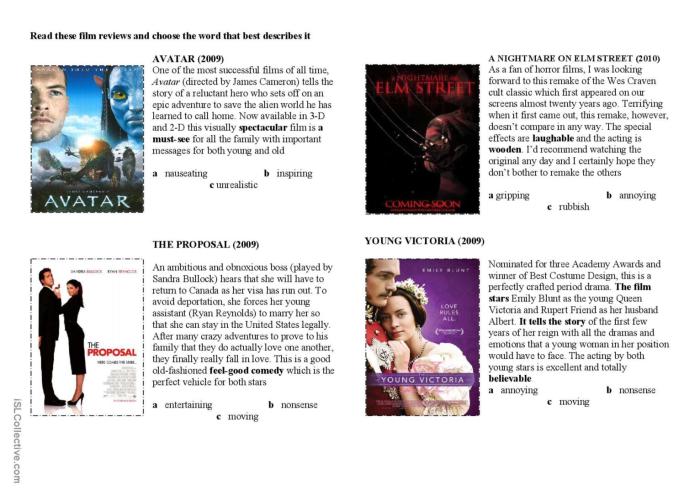
This section provides examples of how the vocabulary words from Units 1-3 are used in context, demonstrating their correct usage and enhancing comprehension.
John has the abilityto play the piano beautifully.
The team accomplishedtheir goal of winning the championship.
The adventureof exploring the rainforest was unforgettable.
She showed her affectionfor her pet by giving it a hug.
I appreciateyour help with this project.
Additional resources for examples of vocabulary words in context:
- Online dictionaries (e.g., Merriam-Webster, Oxford Dictionaries)
- Textbooks and literature
- Newspapers and magazines
Vocabulary Practice: Units 1-3
This section includes a variety of vocabulary practice activities to reinforce students’ understanding of the words from Units 1-3.
Flashcards, Units 1-3 review vocabulary for comprehension
Create flashcards with the vocabulary words on one side and the definitions on the other.
Matching Game
Create a matching game where students match the vocabulary words with their definitions.
Word Puzzles
Design word puzzles, such as crosswords or word searches, that incorporate the vocabulary words.
Vocabulary Assessment: Units 1-3

This section provides a vocabulary assessment to evaluate students’ knowledge of the words from Units 1-3.
The assessment includes a variety of question types, such as multiple choice, fill-in-the-blank, and short answer questions.
Grading Rubric
- Multiple choice: 1 point per correct answer
- Fill-in-the-blank: 2 points per correct answer
- Short answer: 3 points per correct answer
Questions and Answers
What is the purpose of this vocabulary review?
To enhance comprehension of texts encountered in Units 1-3.
How can I use this review to improve my vocabulary?
Engage in the interactive exercises, study the examples, and consult the provided resources.
What are the benefits of improving my vocabulary?
Enhanced reading comprehension, improved writing skills, and increased confidence in communication.
